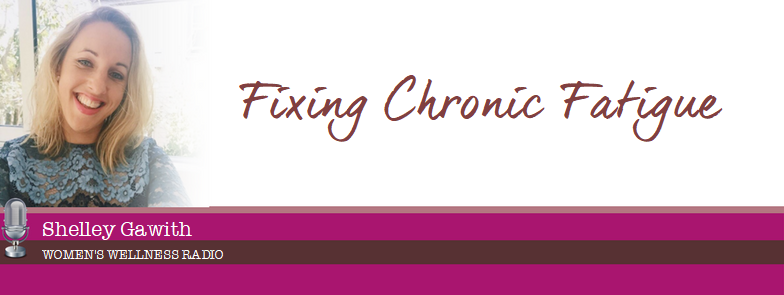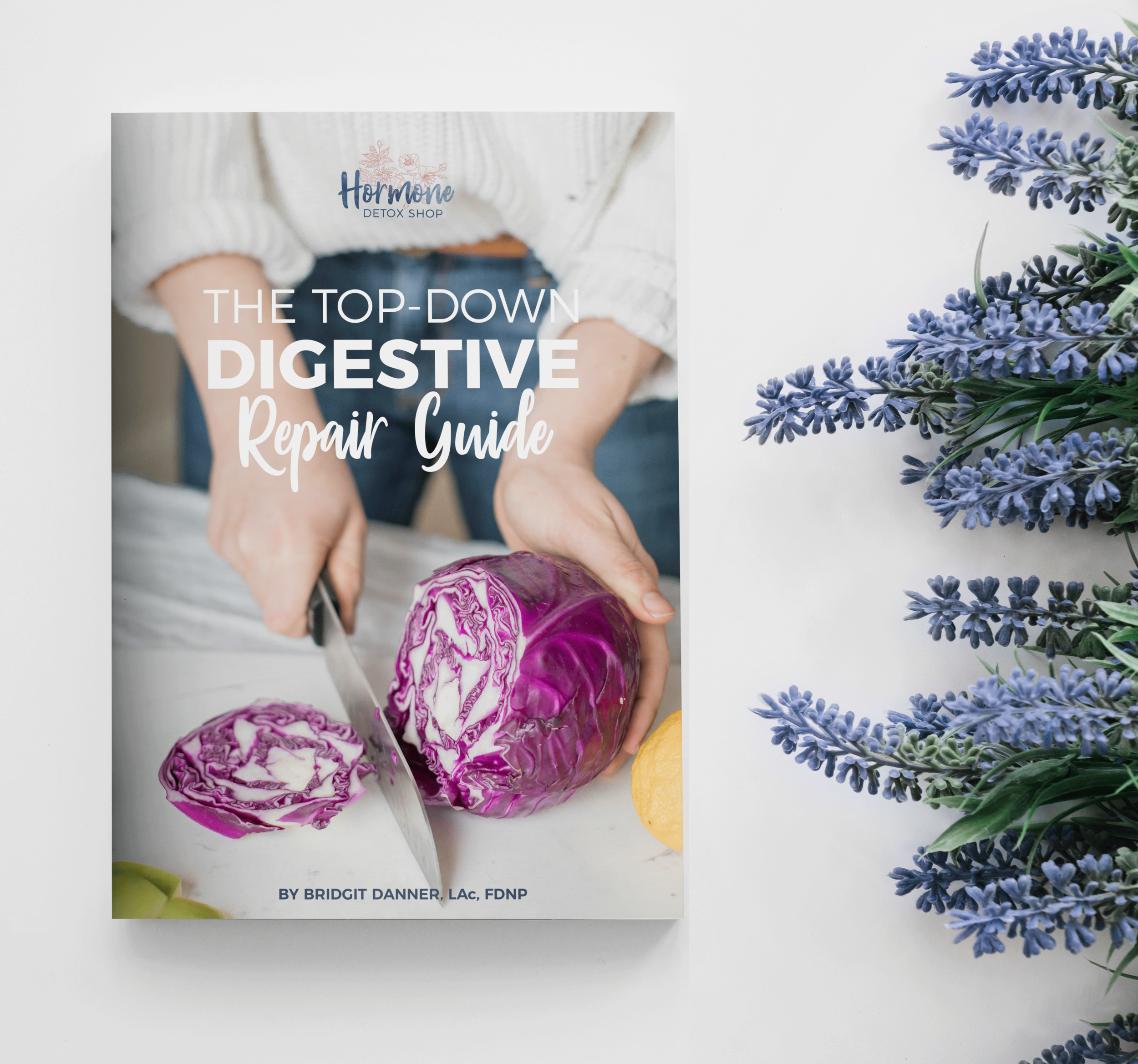Peri-menopause - the 5-10 years leading up to menopause - is a common time to be diagnosed with a thyroid condition.
In this article, I’d like to address these questions:
• Why then?
• Why more in women?
• What can be done?
Peri-menopause may begin in your late 30s or early or mid 40s. You may notice that your PMS is worse. You may have spotting between periods. Over time, your periods will likely get more dramatic, with missed periods and heavy periods.
Other symptoms may be popping up too, like anxiety, brain fog and weight gain. You may be thinking, “these sound like thyroid symptoms,” and you could be right!
But before we explore the thyroid connection, let’s cover what is normally happening during peri-menopause.
What is Peri-menopause?
Peri-menopause is, in short, the opposite of puberty. In puberty your ovaries are waking up to start your reproductive years. Your brain and ovaries are learning to work together to coordinate a monthly cycle, and often the first few reproductive years are hormonally unstable.
In peri-menopause, the brain-ovary relationship is starting to shut down. The ovaries are closing up shop, but the brain keeps knocking at the door, trying to get the shopkeeper working again.
The sex hormone that needs to rise sufficiently in the first half of the month is estrogen. It is produced by the ovaries as they also grow eggs. If you produce enough estrogen and release an egg, you’ll ovulate. And if that egg is healthy and hearty, you’ll produce a good amount of progesterone in the second half of your cycle. (The egg sac, or corpus luteum, makes progesterone after ovulation.)
How Your Thyroid Could Be Impacted in Peri-menopause
Even though both estrogen and progesterone are declining in peri-menopause, progesterone declines more dramatically in this stage. This leads to a condition called ‘estrogen dominance.’
Too much estrogen can prevent the thyroid hormone from getting to where it needs to go and can prevent it from converting to its active form. For some women, their thyroid symptoms are simply a result of this high estrogen interfering with thyroid hormone activity. We’ll talk about how to address estrogen dominance shortly.
Another thing estrogen effects is the immune system. Estrogen is associated with stimulating the TH2 branch of the immune system (1). TH2 is short for T Helper cell type 2, a lymphocyte (immune cell). TH2 is part of the adaptive immune system, which mounts a specific attack against pathogens.+ Adaptive immunity is usually a good thing, but it can also lead to autoimmunity if the antigen activity is directed towards itself.
As estrogen is the dominant sex hormone in women, this helps to explain why autoimmunity and thyroid disease is more common in women.
As we age, we also experience decreased immunity, and a tendency towards TH2 response.
“In the aged, however, naive cells are less likely to become effectors. In those that do, there is a documented shift towards a Th2 cytokine response.
The elderly have impaired ability to achieve immunization but much higher levels of circulating autoantibodies, (due to the lack of naive effectors) impaired response to viral infections, increased risk of bacterial infections, and increased risk of both neoplastic and autoimmune disease.” (3)
However, there is hope and action we can take to keep estrogen in check!
What To Do


















